Medical
Ensuring your horse remains healthy requires knowledge of common medical conditions, early detection of symptoms, and prompt veterinary care. While all horses can develop health issues, Off The Track Thoroughbreds (OTTBs), ponies, and senior horses each have specific concerns that owners should be aware of.
We often see all of these groups come through the rescue, which is why we are putting a special emphasis on them. Below are some of the common conditions we come across, but there are a multitude of medical conditions that your horses may face and getting a professional involved early when facing any medical condition is critical.
This information is a guide only. Always consult a qualified veterinarian immediately when you notice any signs of concern.
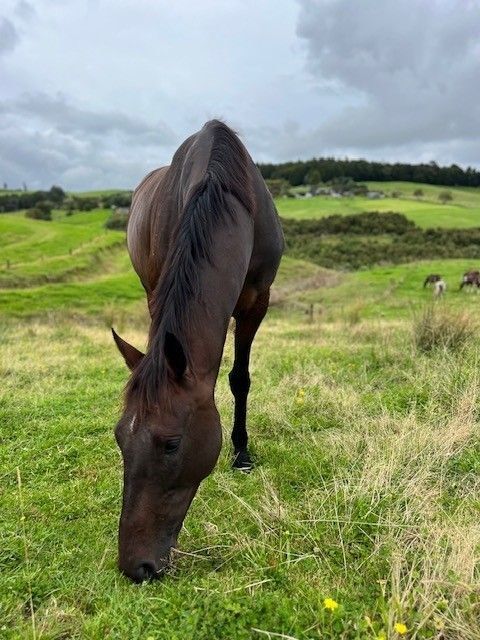
Ulcers in OTTBs
Gastric ulcers are extremely common in OTTBs due to the stress of racing, high-grain diets, and restricted turnout.
Signs of Ulcers
Poor appetite or picky eating
Weight loss or difficulty maintaining weight
Girthiness or discomfort when saddled
Dull coat and lack of energy
Behavioural changes, such as irritability or reluctance to work
Prevention & Management
Provide constant access to forage to keep the stomach protected.
Reduce grain-based feeds and opt for high-fibre, low-starch diets.
Use ulcer treatments like omeprazole under veterinary guidance.
Allow for as much turnout as possible to reduce stress.
Laminitis in Ponies & Metabolic Horses
Laminitis is a painful and serious condition that affects the sensitive structures of the hoof, often linked to diet and metabolic disorders.
Causes & Risk Factors
Overconsumption of lush pasture or high-sugar feeds
Equine Metabolic Syndrome (EMS) and PPID (Cushing’s Disease)
Obesity and lack of exercise
Signs of Laminitis
Reluctance to walk or shifting weight between hooves
Heat in the hooves and a strong digital pulse
Standing in a characteristic ‘rocked back’ position
Prevention & Management
Restrict access to rich pasture, especially in spring and autumn.
Provide low-sugar forage and avoid grain-based feeds.
Work with your vet and farrier to manage hoof care and weight.
Monitor insulin levels in at-risk horses.
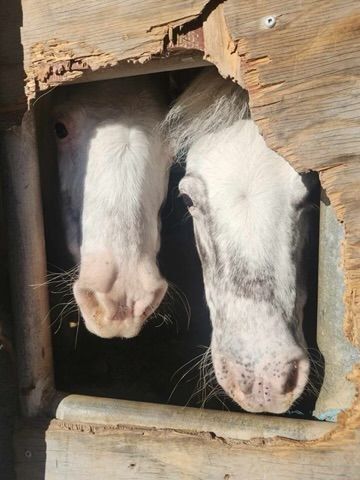
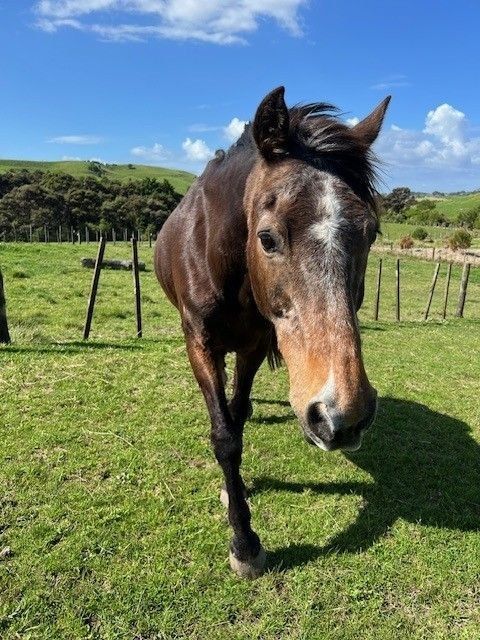
Arthritis in Older Horses
As horses age, they are prone to arthritis due to years of wear and tear on joints.
Signs of Arthritis
Stiffness, especially after rest
Reluctance to move forward under saddle
Swelling or heat around joints
Difficulty getting up or lying down
Management Strategies
Provide consistent, gentle exercise to keep joints mobile.
Use a high quality, well regarded joint supplement containing glucosamine, chondroitin, or MSM.
Ensure they are warm and dry in winter to prevent stiffness.
Consider anti-inflammatory medications under veterinary guidance.
Colic: A Common Emergency
Colic refers to any abdominal pain and can range from mild discomfort to a life-threatening emergency.
Signs of Colic
Restlessness, pawing, or rolling
Lack of appetite or failure to pass manure
Sweating and increased heart rate
Kicking at the belly
Prevention & Response
Provide consistent feeding routines and 24/7 access to water.
Avoid sudden dietary changes.
Call a vet immediately if colic symptoms appear.
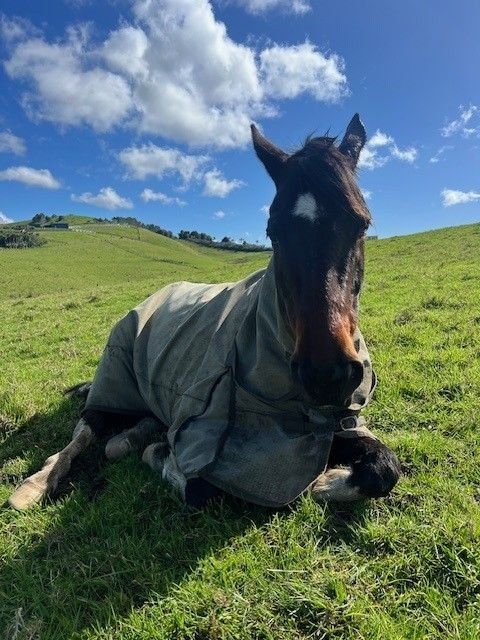
Respiratory Issues
Horses can develop respiratory conditions such as heaves (Recurrent Airway Obstruction, RAO) or infections.
Prevention & Management
Ensure good ventilation in stables.
Soak hay to reduce dust and allergens.
Avoid mouldy feed and bedding.
Worming & Managing Worm Burdens
Internal parasites (worms) can cause serious health issues in horses if left unmanaged. A proper deworming program helps maintain digestive health and prevents colic, weight loss, and other complications.
Signs of Worm Burden
Weight loss despite proper feeding
Poor coat condition and dull appearance
Frequent colic episodes or digestive upset
Diarrhoea or loose manure
Lethargy or poor overall condition
Worming Best Practices
Conduct faecal egg count tests (FECs) to determine the worm burden before deworming.
Rotate worming treatments strategically to prevent resistance.
Administer wormers only when necessary based on FEC results.
Ensure proper pasture management, including manure removal and rotating grazing areas, to reduce reinfection risk.
Consult with a vet to create a targeted worming schedule tailored to your horse’s needs.
There are reputable parasite management programs available to horse owners in New Zealand that are designed to assist owners manage their worming and testing requirements easily and efficiently. These programmes are focussed on ensuring New Zealand does not face wormer resistance issues like some overseas countries are beginning to see.
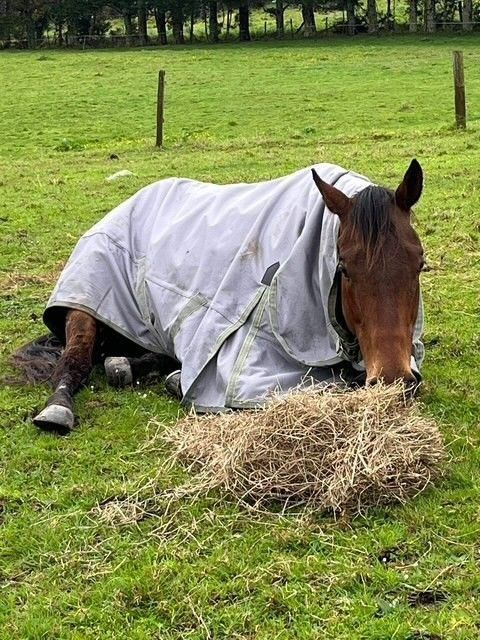
If you need more support and would like assistance from a qualified professional, we are here to help. The Rodney Animal Rescue Education Fund is available to help new horse owners, particularly those who have taken on an Off-the-track-Thoroughbred, and feel they are out of their depth or need assistance to ensure your new equine friend has all their needs met.
Learn more about the RAR Education Fund!
